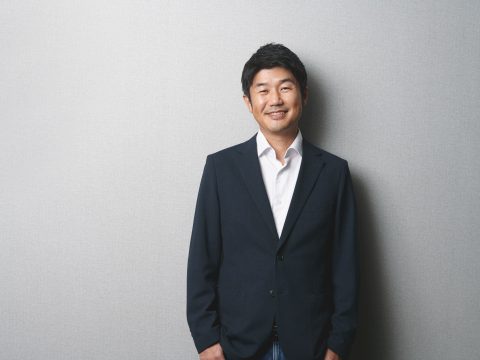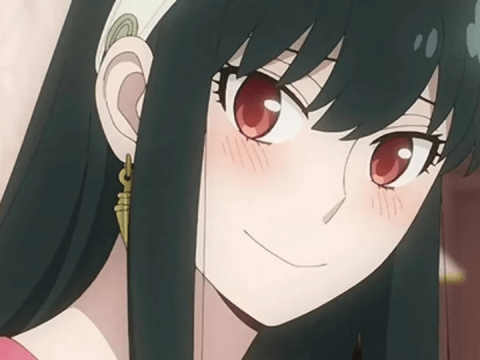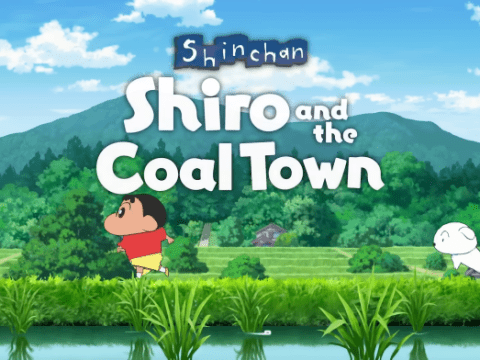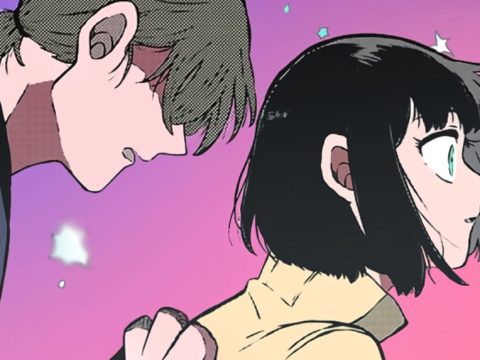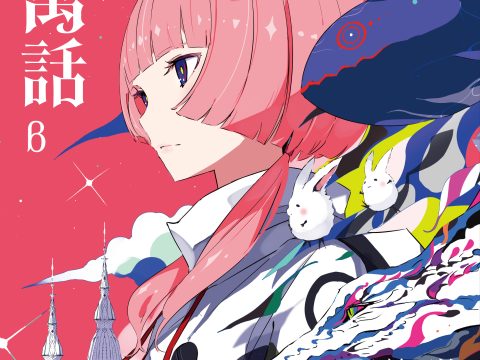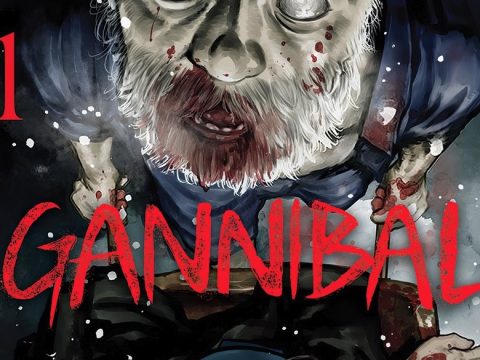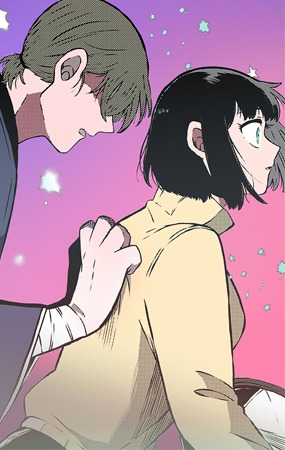 Matsuda Minoru’s manga He Was My Brother mixes horror and romance, and is currently available on the Mangamo manga app. You can check out Otaku USA’s review on it here. Just in time for Halloween, Minoru did an interview about how Japanese horror films have influenced her, the differences she sees between Japanese and Western horror stories, and how she approaches her work.
Matsuda Minoru’s manga He Was My Brother mixes horror and romance, and is currently available on the Mangamo manga app. You can check out Otaku USA’s review on it here. Just in time for Halloween, Minoru did an interview about how Japanese horror films have influenced her, the differences she sees between Japanese and Western horror stories, and how she approaches her work.
First of all, how have you been lately?
I’ve been living very happily and healthily!
Who were some of your main inspirations while growing up and reading manga? Do you remember the first manga you read, or the first one you fell in love with?
I was largely inspired by the manga artist Rumiko Takahashi. I’ve been influenced by many of her works, but Mermaid Saga impressed me so much that I thought to myself, I want to create manga like this; ultimately it is what inspired me to pursue a career as a mangaka.
The first manga I read was Phoenix by Osamu Tezuka. In particular, I really enjoyed the Turbulent Times, Strange Beings, & Sun Arcs. I absolutely love stories where people’s journeys are intricately intertwined.
When you’re working on a project, what does your typical day look like?
I wake up at about 6am and get some housework done. Once I am finished, I will work on manga until about 6pm. I’m also raising a child, so it’s a balance of both work & childcare.
Have Japanese horror films influenced your work? If so, do any themes commonly found in Japanese horror resonate with you more?
The opening scene of Haunted School 2 (Gakkou No Kaidan 2), which I saw in elementary school, left a profound impression on me. The story’s setting takes place in a wooden elementary school, where there’s a softness of the light shining in, a melancholic nostalgia, and yet an almost innocent cruelty that comes together to create a sense of real artistic beauty.
At the beginning of the last scene, a Karakuri Doll appears and I’m still traumatized by the doll’s flat, expressionless face. Nostalgia could be considered a common theme, right? I love horror stories that have elements that call out to Japanese nostalgia, things like summer or the chorus of cicadas.
How do you feel Japanese horror genres differ from Western horror genres? What about romance?
When it comes to Japanese horror and Western horror, I personally think the difference in the way that people think about gods plays a big role. Japan has a strong system of thought that comes from Animism. Yaoyoruzu no Kami, “The 8 Million Gods,” is a term that expresses the idea that there are countless gods that exist. Each individual god has their own character; sometimes they save people, sometimes they curse them.
I feel like a common pattern that we see in Japanese horror is where someone does something disrespectful to the gods, wherein they end up being cursed. On the other hand, in Western horror there are lots of zombies and monsters, which is another good way to create suspense and tension. But as for romance, I really don’t know.
Mixing horror and romance isn’t very common. What is it about the combination that intrigues you?
Honestly, I kind of think the opposite, that it really isn’t that rare. One of the most famous horror stories in Japan is Yotsuya Kaidan, which is a story about a woman who is murdered by her husband. She gets her revenge after becoming a ghost. There’s also an anecdote in The Tale of Genji (Genji Monogatari) where a woman curses her rival out of jealousy, leading to her death.
Love stories always involve love, hate, and jealousy. I personally think that these are themes that are highly compatible with horror.
When you’re coming up with a story, do you draw inspiration from your own life, your family, or friends?
I’ve personally never seen any ghosts, but I love hearing stories about ghost sightings from people who are more spiritual.
Also, throughout my day to day, I often think about things that I would find creepy, like… “It would be scary if there was a woman peeking through this crack in the door,” or how “I would NOT like to see some creepy figure dancing on a rooftop on a cold, dark night.” I go about life always thinking about horror concepts like this.
Japan has a wealth of folklore, mythology, and spirituality that deal with the supernatural, things like yuurei, yokai, kami, oni, utsushiyo, and kakuriyo. Do these inspire your work and do you feel like modern storytelling, such as manga, continue to keep this cultural identity alive?
Japan is a country that has a close relationship with gods and yokai, so their influence is felt quite heavily. Visiting places with rich folklore and digging into the history is a hobby of mine. Just by talking a brief walk somewhere, you can find any number of rocks or trees that have some sort of folklore-based connection to gods and yokai. I think that is all part of Japan’s charm.
As the rest of the world outside of Japan becomes more invested in manga, and since foreign audiences don’t always like the same things, is that something that shapes the way you approach storytelling?
Truthfully, I don’t really think about that all too much. I just want to create stories that resonate with Japanese nostalgia.
That said, I think it would be wonderful if folks from overseas read my work and became interested in Japan!
Finally, is there anything you’d like to tell your fans overseas?
Thank you for reading He Was My Brother! I want to keep on creating interesting stories in the future, and I would be extremely grateful for your continued support!
I’m also very interested in spooky places outside of Japan, so next time I visit your country, please give me some great recommendations!
____
Danica Davidson is the author of the bestselling Manga Art for Beginners with artist Melanie Westin, plus its sequel, Manga Art for Everyone, and the first-of-its-kind manga chalk book Chalk Art Manga, both illustrated by professional Japanese mangaka Rena Saiya. Check out her other comics and books at www.danicadavidson.com.


